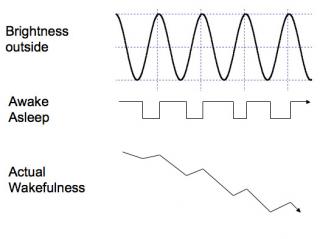Last night’s talk on democratization by Joseph Nye and Adam Roberts basically encapsulated the most dominant strand of academic thinking on the subject. It was heavily focused on the American role in the Middle East (though Russia’s apparent slide towards autocracy was not entirely ignored) and essentially concluded that the US can and should continue to spread democracy, but must do so in moderate and locally tailored ways, rather than just stomping on people. There was agreement that the next administration (whether Clinton or McCain) would pursue more or less this path.
Both speakers agreed that attacking Iran would be an appalling error: both strategically, given the capacity of that state to cause havoc in the region, and politically, because of how an attack would unify moderates and conservatives in Iran around the present regime. It would also further diminish American credibility in the Muslim world.
Finally, there was some discussion of narratives: the one that Osama bin Laden propagates, that of the United States, and the kind that Europe might fruitfully deploy. As a continent that has managed to come together into peace and prosperity, after an appalling history of war, perhaps the European experience can be illustrative for other regions.
All of these points are sensible and sound, as you would expect from professors from Harvard and Oxford – the latter even knighted. One question that remains sitting on the table is how to deal with allied states that have less than excellent democratic credentials. It certainly damages US soft power to be so reliant upon the House of Saud, as well as people like Pervez Musharraf and Hosni Mubarak. It creates many opportunities to accuse the US of hypocrisy. That said, the generally cautious approach recommended by both speakers suggests a course of constructive engagement, rather than something more aggressive (though not forceful).
On a side note, the St. Antony’s International Review seems to be doing a very good job of publicizing itself. This is very welcome, given Oxford’s notable lack of a quality international relations journal. I should try to get a book review or something into it, before I leave Oxford.

